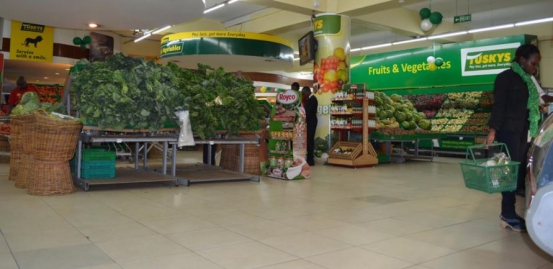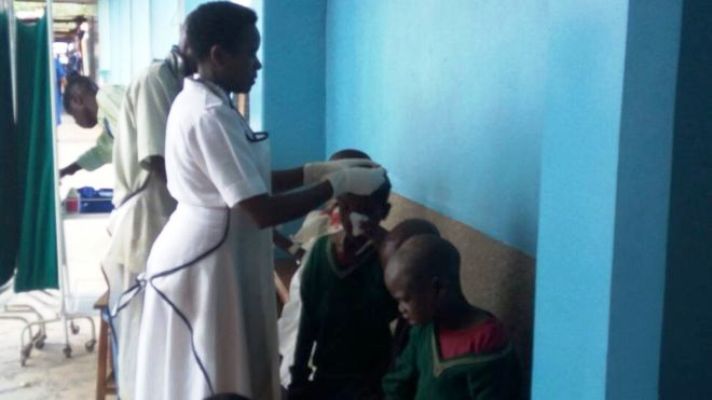Major supermarkets will close on August 8 to allow employees to go and vote. This is even as election jitters creep into the economy.
The Standard reports that through adverts in local dailies, Tuskys and Naivas Supermarkets announced that they will not open on Election Day to give customers and staff an opportunity to vote.
Coming at a time when reports are rife that most investors have taken a wait-and-see approach, perhaps the retail stores are taking cue and taking precautions in case the elections turn violent.
“We shall remain closed on August 8, 2017 to allow our customers and staff to vote. Enjoy shopping with us over the weekend,” said Naivas in its advertisement.
Tuskys was more specific noting that its stores would be opened after the elections. “All Tuskys outlets shall remain closed on Tuesday, August 8, 2017, for the National Elections. Normal business shall resume on Wednesday August 9, 2017.”
Closing on Election Day might make shoppers rush to the supermarkets and stock up ahead of the elections.
Weaker Demand
Already, a number of indicators have shown that the business environment looks gloomy, with most investors fearful of the uncertainty surrounding the upcoming elections.
According to Stanbic Bank’s Purchasing Managers Index (PMI), a critical barometer that has been used to monitor activity in the private sector, it slipped to 47.3 in June from a 49.9 in May.
This was the lowest reading since the series began, pointing to a record contraction in private sector activity. In PMI, readings above 50 signal an improvement in business conditions on the previous month while readings below 50 depict a deterioration. The reading went below the crucial 50 threshold for the first time in April this year due to “weaker underlying demand conditions, and lower willingness to spend”, according to a Stanbic Bank statement.
Manufacturers, too, foresee a gloomy outlook in the next three months. This is according to the Kenya Association of Manufacturers’ Barometer Survey by Standard Investment Bank and the Kenya Association of Manufacturers (KAM).
According to the survey, 57 per cent of Kenyan manufacturers are pessimistic about the general business outlook until September compared to 16 per cent in the second quarter of 2016, with more than half (55 per cent) not planning to undertake major new investments in the next 12 months.





